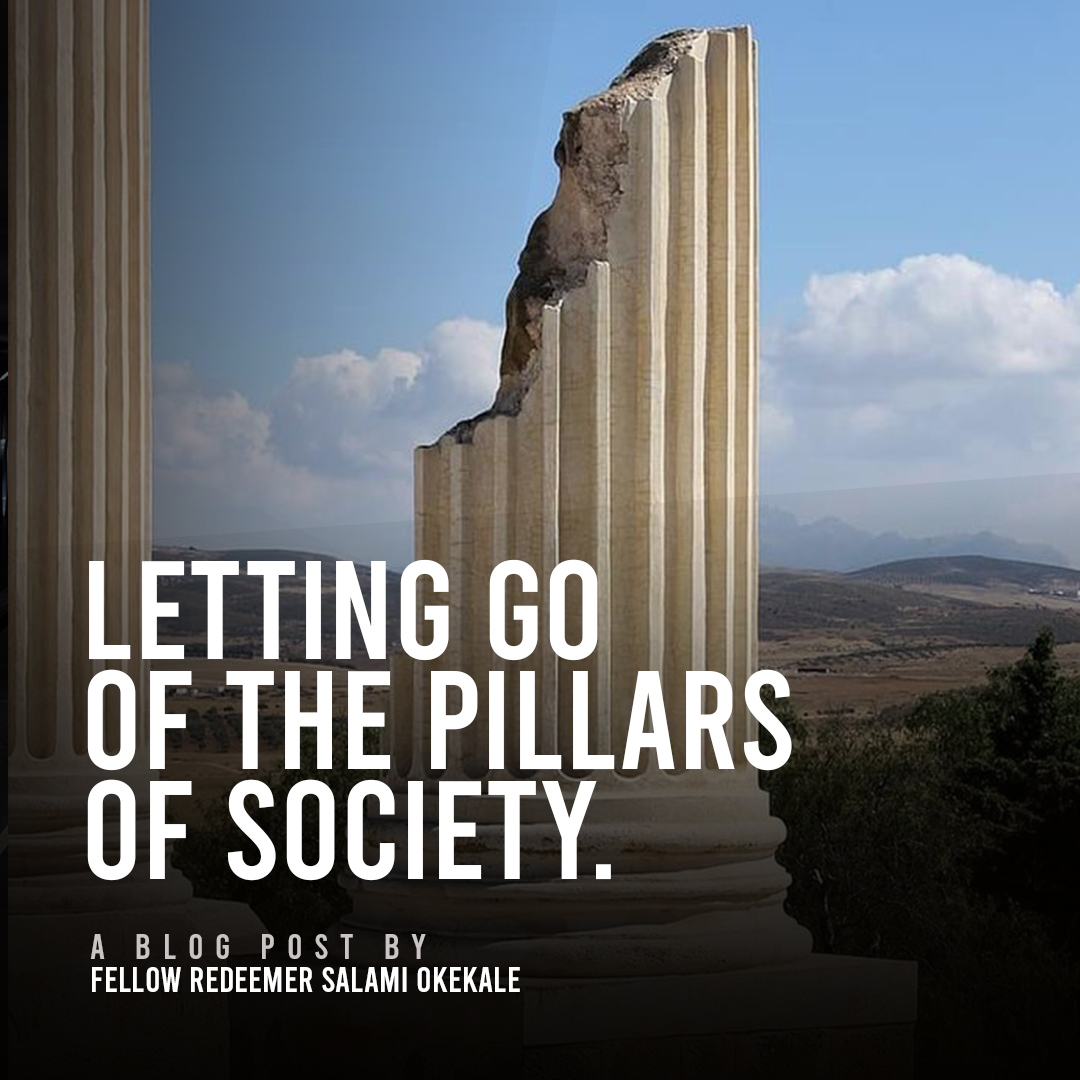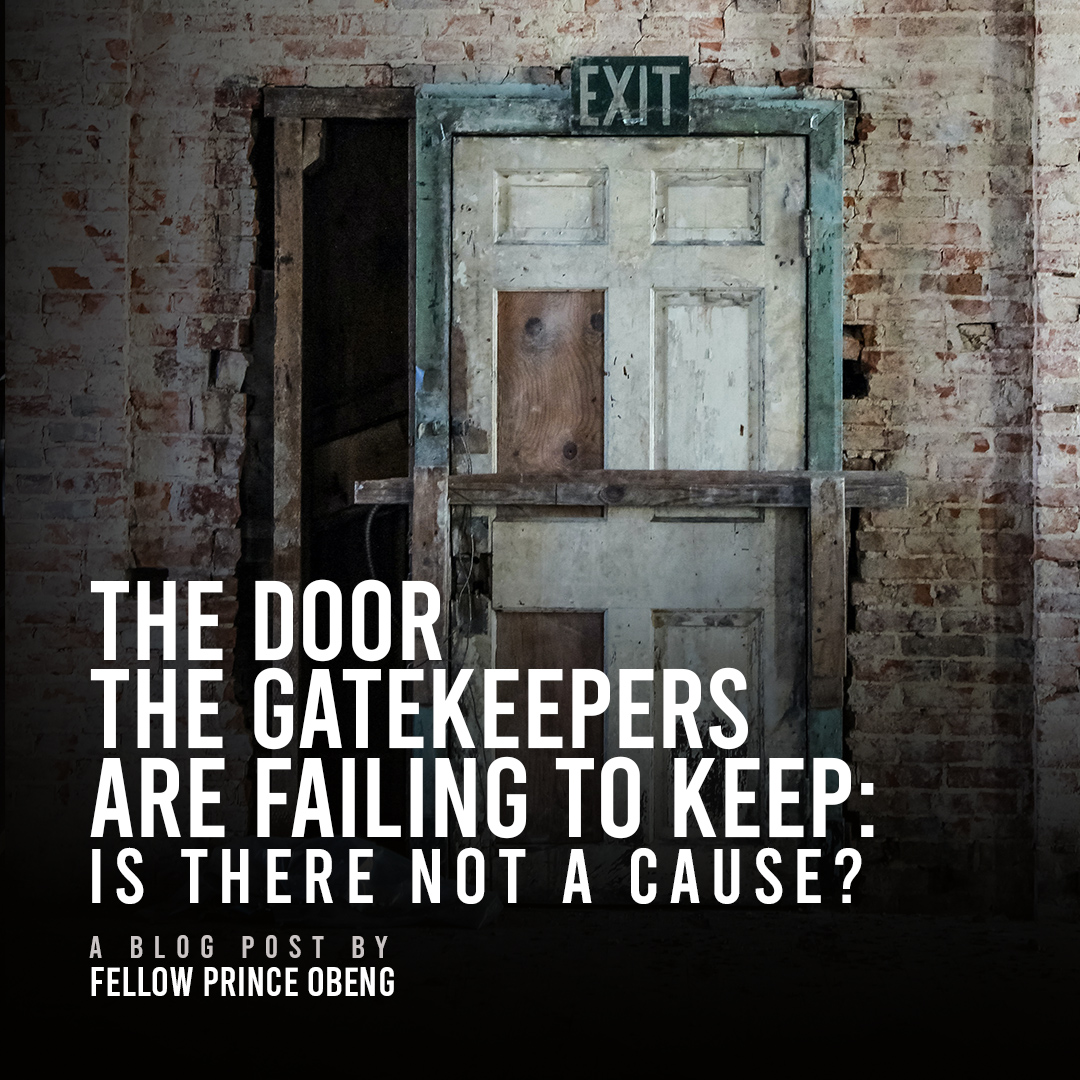at some distance, he saw a man walking. He was a tall man who was much better looking at a distance than when seen close at hand.
“Oh Christian, look there, we have company. Hey there! Where are you going to? ” uttered Faithful to the tall man.
But just after a few conversations with the tall man, in which they had both agreed to engage in a fruitful discussion spanning almost all the topics in the Christian faith, Christian cautioned him with these words.
“ Aye. This man is happy for any company and content with any conversation. As he cheerfully discusses religion today, he will as eagerly compare the girls at the dance hall tomorrow. Yea. In fact, the more rum he pours into his crown, the more nonsense he rolls off his tongue. Religion has no real place in his heart, or house, or conversation. He is one of them that ‘Say and do not.’ He talks freely of prayer, of repentance, of faith, and of the new birth; but talking of them is all he knows. His heart knows nothing of prayer or repentance for sin, and his house is totally void of religion. He knows not that in the judgment, God will look for fruit rather than mere talk of fruit.”
Have you ever heard the famous quote, “Walk the talk”? Well, that phrase seems like a deserted phrase now. It’s common to encounter motivational speakers, preachers, writers, and TV presenters addressing various issues and elaborating on numerous topics. These include talk shows, interviews, theatre productions, and more. It’s an undeniable fact that sharing one’s profound knowledge with others is fulfilling. In addition to fulfillment, fame and high regard are among the accompanying perks of expressing knowledge. However, it should not be dumbfounding to observe that the actions of some individuals contradict their words.
Words are powerful tools of communication, even though many fail to fully grasp its significant value and potency. The transformative and inspirational nature of words cannot be overstated. Articulating our thoughts often comes with ease, especially for those who have mastered the art of effective communication. As the saying goes, “Talk is cheap.” The question is, are we ready to back our words with action?
“at some distance, he saw a man walking. He was a tall man who was much better looking at a distance than when seen close at hand.”
The above example illustrates how influential and admirable a person becomes when recognized as a Christian, leader, activist, movie producer, songwriter, or public speaker who delivers messages and addresses issues through awe-inspiring stories, songs, and speeches. However, a peek into their personal lives often reveals a misalignment with their public persona. It’s remarkable how actors can assume roles or characters entirely different from their true selves, sometimes to the extent that their performances seem unscripted. Unfortunately, many individuals fall into this category.
During my formative years, I used to listen to songs recorded and written by an American R&B and hip-hop singer, songwriter, and record producer. I adored his songs, which were undeniably inspirational and encouraging. Yet, my disappointment was profound when I learned he had been convicted of child pornography and enticing minors for sex. He was sentenced to serve 20 years in prison concurrently with a 30-year federal sentence for engaging in fraudulent activities. This was a man who sang about believing in life’s miracles, emphasizing that they start from within. Boasting about values becomes irrelevant when we tarnish those very values. I concur that knowledge and speaking are essential, but it’s our actions that validate our authenticity. Knowing and speaking without acting is akin to not knowing at all. I believe that we should preach what we do and just regurgitate acquired knowledge. If doing that would be questionable, then we must refrain from speaking.
We must discipline ourselves to ensure our words align with our actions. Failure to do so, as leaders and Christians, will jeopardize our credibility, sully our reputation, and dishearten our followers. Consistent practices shape and mold our character, and integrity isn’t lost in a day; it’s eroded over time due to undisciplined actions. It takes some sort of evolution. In a blog post published by Forbes, Amy Rees Anderson, an entrepreneur asserts, “Building a reputation of integrity takes years, but it takes only a second to lose, so never allow yourself to ever do anything that would damage your integrity.” In my opinion, before integrity gets lost in that second, it must have taken years of losing it, till it finally got lost. We do not only end up marring our reputation but we put those inspired by us at risk when we fail to discipline ourselves.
That takes us to how crucial it is to study the consequences of contradicting our statements, most especially we leaders and Christians. As leaders, we must also consider the potential effects on our followers when we undermine our reputation. Christ, our perfect example, not only spoke but also exemplified his teachings. This cleared probable doubts in his followers. He taught parables, he established and explained principles, he questioned and debunked fallacies and heresies, and he rebuked treacherous practices. Yet, there lay heavy on Christ, the responsibility to convert his utterances into actions. Therefore, there should be an inherent responsibility to translate our words into actions. Through our actions, we empower and cultivate trust in others.
As mentioned earlier, I don’t mean to downplay the value of speaking. However, it’s crucial to recognize that our words carry weight only when we follow through with them. Our words should be authentic, with the message intended to impact us first before others.
All in all, our message should inspire and influence us before we aim to inspire and influence others through our message. John Maxwell aptly writes, “The true measure of leadership is influence – Nothing more, Nothing less.” But we must not forget that the essence of influence is hollow if we ourselves remain uninfluenced. I found myself preaching about endurance one Sunday morning, only to falter when I lost my dad a few months later. My inability to endure made it evident that I wasn’t living up to my “own message.”
As we step up to speak as expected of us, it’s imperative to recognize the high expectations from all quarters that demand we prove our authenticity.
–By Fellow Faith Chiderah Nwokoro









